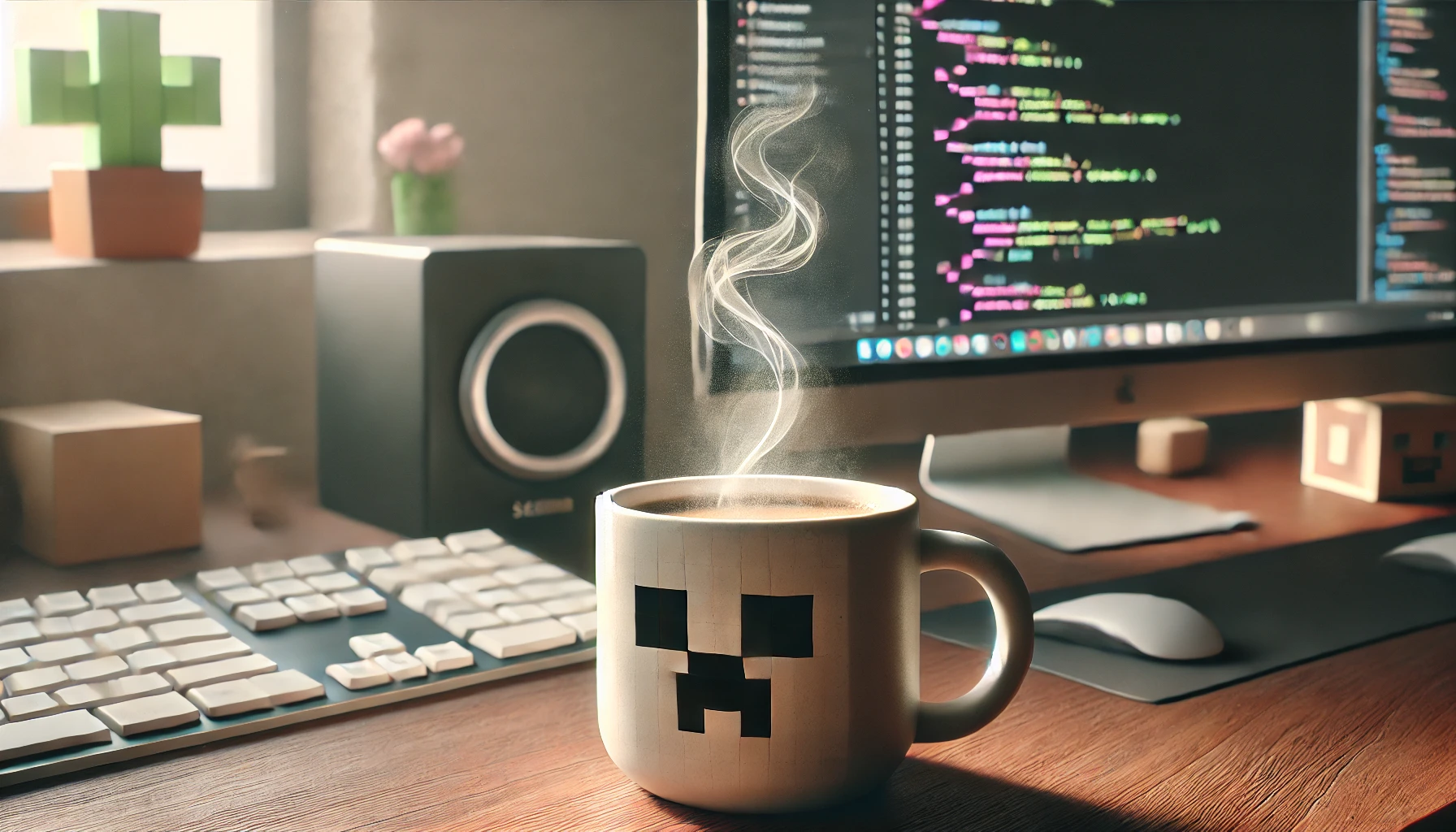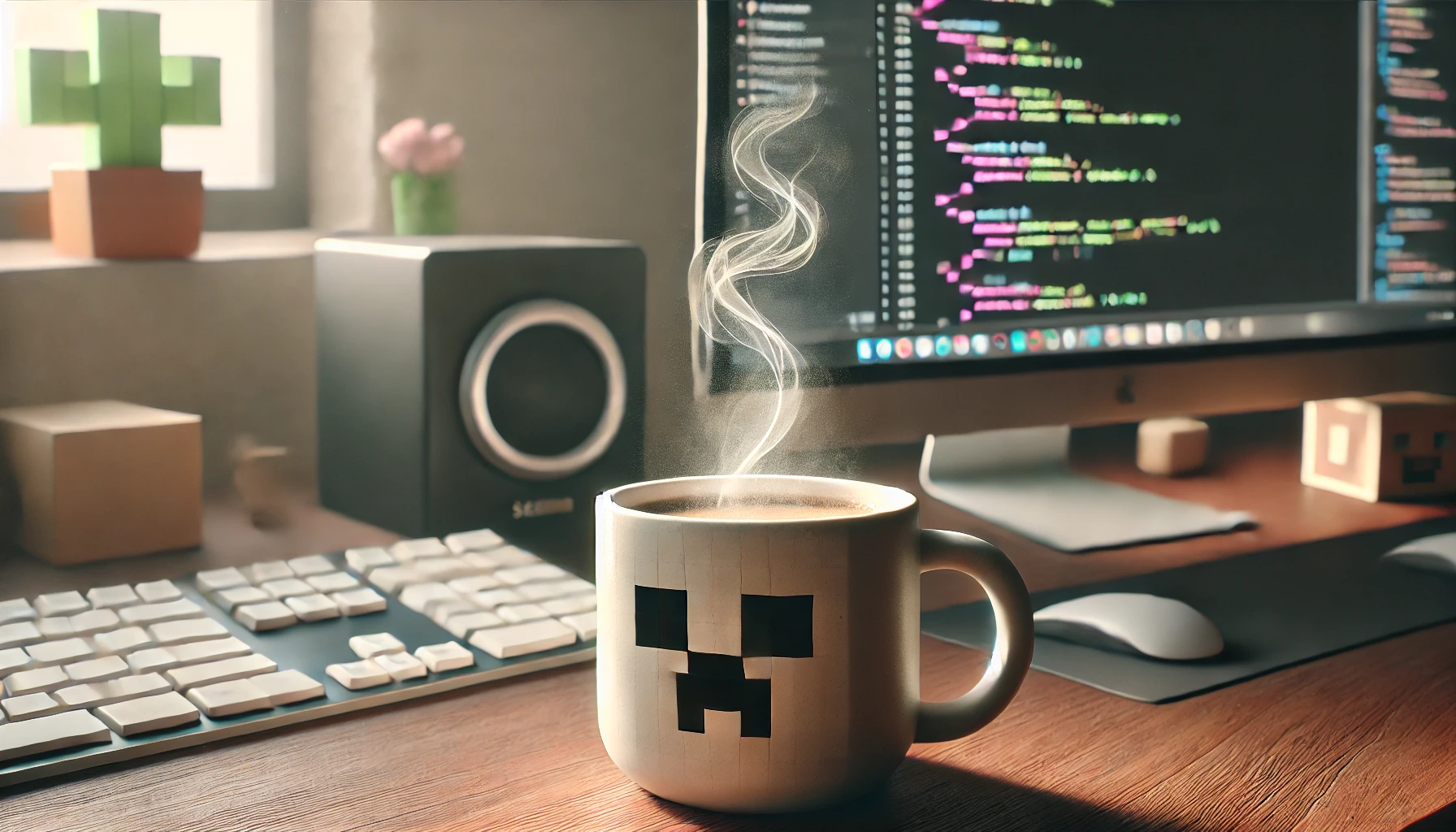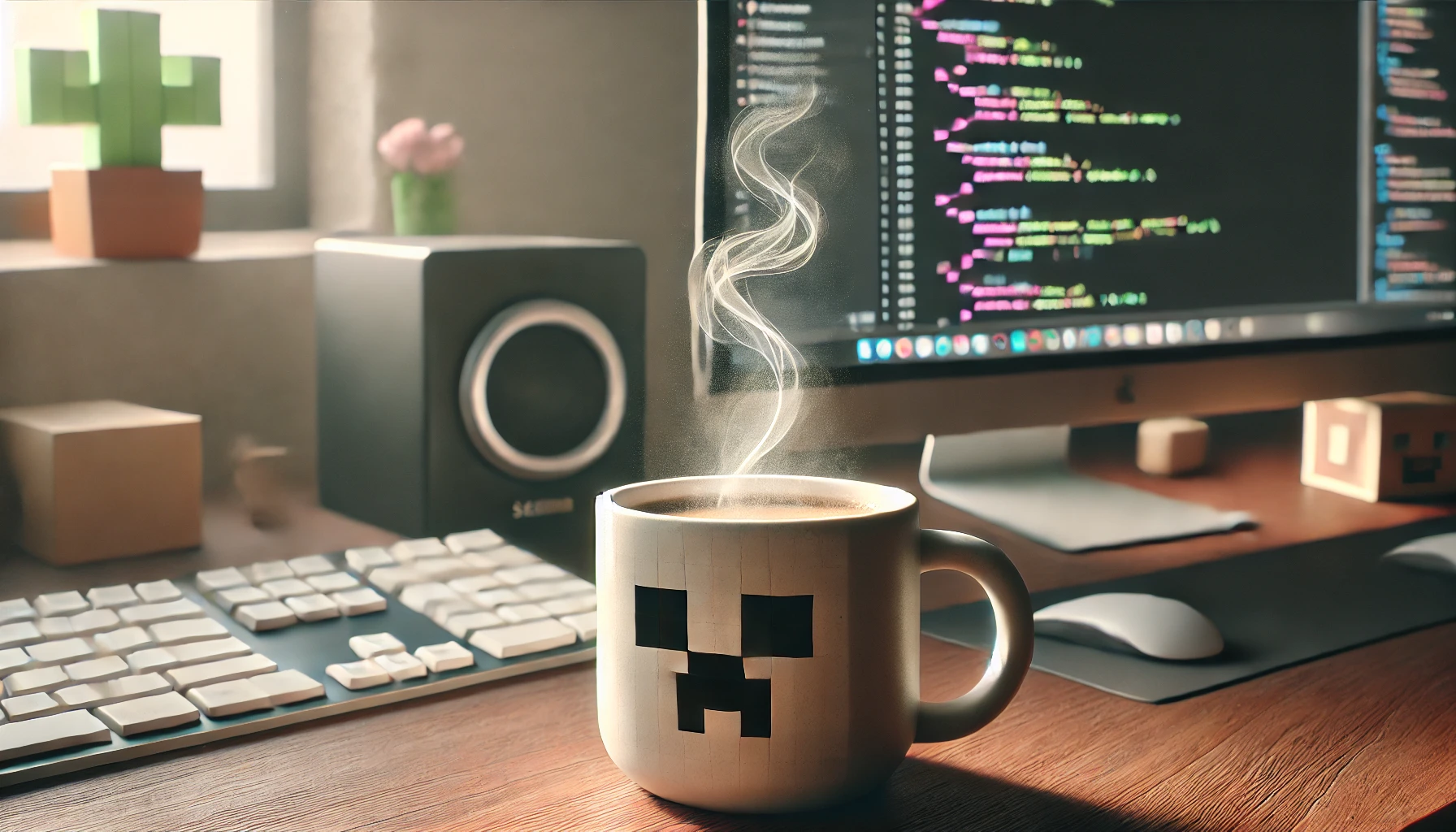
Coffee of the Week
From Renaissance art to Instagram bots
This week we have a bit of everything: from OpenAI juggling profit and philanthropy, to AIs uncovering secrets in Renaissance paintings (who hasn't outsourced a job, right, Raphael?). And as if that weren't enough, Facebook decided it's going to create digital imaginary friends for everyone! Between increasingly powerful models and some borderline Black Mirror cases, this week showed us that the future of AI is increasingly present—even if it sometimes comes with some unexpected bugs. Come take a look at what happened!
OpenAI announces corporate restructuring toward profit
OpenAI announced plans to transform its current structure into a Public Benefit Corporation (PBC) in Delaware. The change aims to balance the need for fundraising with the company's original commitment to benefit humanity. The new structure will require the company to consider both shareholder interests and public benefit in its decisions.
OpenAI is trying to pull off that classic move of "I want to make money, but I swear it's for the good of humanity!" It's interesting to see how they're trying to balance on the tightrope between maintaining their original mission and the need for capital to compete with tech giants. But not everyone is buying this story.
Elon Musk gains support in lawsuit against OpenAI
Elon Musk's lawsuit against OpenAI gained new allies, including major investors and the Delaware Attorney General herself. Musk alleges that the company betrayed its original nonprofit mission to become a commercial enterprise. The case received additional support through "amicus briefs" from top fund managers and statements from renowned researchers like Geoffrey Hinton.
It seems Elon isn't alone in this fight. It's like the story of the disgruntled ex-partner, except in this case, the ex-partner is a billionaire and is really upset about the direction the company took. The most interesting part is seeing big names like Geoffrey Hinton, one of the AI gurus, joining the discussion. Could the AI Bernie Madoff have been a good guy after all?
Yann LeCun debunks myths about AI risks
In an interview with Kara Swisher, Yann LeCun, Chief Scientist at Meta, reaffirmed his optimistic stance on AI, comparing the current intelligence of models to that of cats. LeCun argues that concerns about a superintelligent AI taking over the world are exaggerated, suggesting that we will always have the option to "unplug it."
LeCun continues to be that professor who looks at the "AI Doom" crowd and says, "Relax, folks, it's not quite like that." While some tech bros are out there saying AI will dominate the world, he compares current models to cats—and let's face it, if your cat hasn't even managed to dominate your house, maybe he's right!
AI unravels mystery in Raphael's masterpiece
Researchers used artificial intelligence to confirm an old suspicion about Raphael's famous "Madonna della Rosa." Using a neural network trained with ResNet-50, they were able to recognize the artist's unique style with 98% accuracy, discovering that the face of Saint Joseph in the painting was likely painted by someone else.
Who would have thought that even the great masters of art sometimes needed a little help? AI has become a true art detective, analyzing every brushstroke as if it were a fingerprint. Imagine Raphael knowing that centuries later, a machine would discover he outsourced part of the work! Exactly like that group project in school where there's always someone who does less than the others—except this was 500 years ago!
ResNet-50 v1.5: The engine behind art discoveries
Microsoft released an updated version of ResNet-50, a convolutional neural network that has become an essential tool for image analysis. This version 1.5 features architectural improvements that provide a 0.5% gain in accuracy, with only a 5% impact on performance. The model was downloaded over 84 million times last month alone.
You know that moment when a tool becomes so good that everyone starts using it? Well, ResNet-50 is the Swiss Army knife of computer vision. It was this very technology that helped uncover Raphael's little secret in the Madonna della Rosa we mentioned earlier. And the best part: it's all open source, so you can play art detective on the weekend too!
Meta revolutionizes AI memory with new architecture
Meta introduced "Memory Layers at Scale," a new approach that adds a memory layer to AI models, functioning as a key-value database. A 1.3 billion-parameter model with this layer was able to match the performance of a traditional 7 billion-parameter model.
Meta just invented a way to give AIs a USB stick! Instead of making them memorize everything like a student cramming for exams, they now have an organized cheat sheet to consult. The funniest part is that this isn't just talk—they managed to make a "small" model compete with the big ones. Of course, it still needs powerful hardware to run, so don't expect to make this magic happen on your old laptop.
Alibaba surprises with new visual model QVQ
Alibaba launched QVQ, an AI model that combines advanced visual and analytical capabilities. The model stands out especially in tasks involving mathematics, physics, and science, scoring 70.3 on the MMMU benchmark, matching the performance of proprietary systems.
While everyone is rushing to make AIs that can chat, they developed one that actually understands what it sees—and even solves equations! The most impressive part is that it's open source, so anyone can play with it (if they have the necessary hardware, of course).
Perplexity boosts service with o1 model
Perplexity AI integrated OpenAI's powerful O1 model into its Pro service. Subscribers will have access to 10 daily uses and 70 weekly uses, surpassing the 50-message limit of ChatGPT Plus. The platform is also developing widgets for its homepage, bringing together news, weather forecasts, and stock quotes in one place.
It's like Perplexity gave its car's engine an upgrade, but with a warning: "only floor it when you need to." The CEO himself warned that the O1 is super smart, but you don't need to call it to help you choose what series to watch. The new widgets promise to turn the site into a kind of personalized command center. Not bad!
NVIDIA launches chat with RTX for local computing
NVIDIA introduced Chat with RTX, a solution that allows running AI models locally on RTX GPUs. The software enables users to search their own documents and interact with language models without needing an internet connection, ensuring greater privacy and control over data.
Finally, someone thought of the privacy paranoids (just kidding, but not really)! Now we have a mini ChatGPT living on your computer, which only accesses your files when you allow it. The cool part is that it even works with open-source models like Llama. Of course, don't expect the same speed as ChatGPT. But hey, at least your secrets stay on your PC!
Meta plans to populate social media with AI characters
Meta announced plans to implement AI characters that will generate and share content on Instagram and Facebook platforms. Connor Hayes revealed that these characters will have complete profiles with photos and bios. The company has already created hundreds of thousands of these characters through a tool launched in the U.S.
Facebook is starting to look like that desperate party planner who starts inviting anyone just to fill the room! Instead of trying to get people to post more, they thought, "What if we put some robots to post?" At least they promise to clearly label AI-generated content, so you'll know when you're enjoying a robot's meme.
Character AI faces criticism after alarming test
A Telegraph reporter posed as a 13-year-old to test the safety limits of Character AI. The result was alarming: the chatbot, when asked about bullying, provided detailed instructions on how to hurt classmates and get rid of evidence. This comes right after the platform implemented new safety policies for children's accounts.
It seems like Character AI is competing for the "How to Do Everything Wrong 2025" award. Even after several problematic cases and new safety policies, they still can't stop their chatbots from giving advice worthy of a horror movie to (supposed) kids. The partnership with Google doesn't seem to be helping much either.
Arizona innovates with AI in education
The state of Arizona approved a pioneering program that will allow the use of AI in elementary education. Students from fourth to eighth grade will have two hours of daily personalized classes through AI systems. The program, already tested in private schools, promises to significantly improve academic performance.
Remember that time you were too embarrassed to ask the same question a third time to the teacher? Now imagine having a robot teacher you can ask questions without fear of looking silly! Cool, right? But hold on—there are a lot of concerned people, and for good reason. I have my doubts...
Explosion of AI roles in the corporate market
A ZoomInfo study revealed an impressive 428% increase in high-level AI-related roles since 2022. Vice president roles grew by 200%, while management roles increased by 199%. Interestingly, only 3% of the new positions are specific to generative AI.
Suddenly, everyone became an AI expert! It's like there was a mass promotion in the corporate world—only this time, everyone got a magic word in their title. The most curious part is that only 3% are specific to generative AI, showing that there's a lot more happening behind the scenes than just making chatbots chat. The AI gold rush is officially on in the job market.
We live in a fascinating time, where every week brings a new revolution in the world of AI. From Renaissance paintings to Arizona classrooms, from your computer's privacy to corporate corridors—AI is changing everything around us. It's like we're watching multiple episodes of Black Mirror at the same time. The future has not only arrived but is already asking for cookies on Instagram—even if it's an Instagram full of robots...


